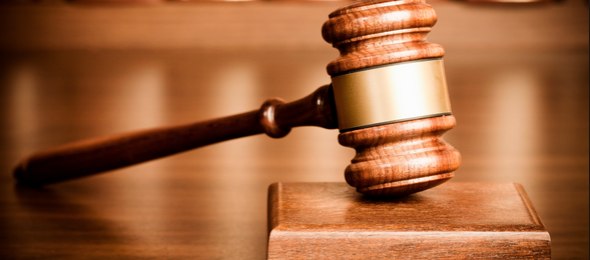Part Four: How Do We Create Better Incentives?
By: Merril Hirsh, James M. Rhodes and Karl Bayer
In Part Three we urged that, notwithstanding rules, admonitions and the fervent desire for efficient resolution of disputes, our current system of litigation creates incentives to drive up the costs of litigation. So how do we change these incentives?
If you go back to Part Two (which is a good idea anyway, as our test at the end of this series will be comprehensive), you will notice that one of the problems with using rules to try to convince lawyers to be more efficient is that law is surprisingly lawless. Rules, by themselves, encourage lawyers interested in obtaining an edge to argue about rules. What discourages (or at least helps put an end to) arguments about the rules, is not lawyering. It is decision-making.
Step One: in complex, expensive cases, do not have discovery (likely the most expensive part of litigation) take place completely unsupervised. Have someone there watching. Decades ago when we were young lawyers, parties frequently filed discovery requests and responses with the court. It is understandable why courts eliminated that practice: all the file rooms of all the clerks’ offices in the world would not be enough to contain all that paper. And it was always difficult to imagine that there were many judges leaping at their in-boxes to read the Third-Party Plaintiff’s/Cross-Defendant’s Third Supplemental Objections and Responses to Third-Party Defendant’s/Cross-Plaintiff’s Fourth Set of Contention Interrogatories.
When courts stopped having discovery filed, however, they confirmed what had already become true: that whatever the rules say, the practice contemplates that parties will conduct discovery between themselves; to meet and confer about disagreements between themselves; and bother the court only when they cannot play nice enough together. Admonishing lawyers to play nice is not noticeably more effective than admonishing children to do that. When no one is watching, disputes are more likely, not less likely; and often broadened, not narrowed. And when these disputes come to the court’s attention only after objections, letters, counter-letters and recriminations, the process strongly resembles a parent trying to make peace between finger-pointing children. It is more likely that both children …. er …. lawyers get blamed than it is that the court will be able to become sufficiently engaged to sort out who did what to whom, much less head off the next fight. And if courts are busy (which of course they are) and the motion remains undecided for a period of time, the dispute festers and grows, with both sides acting as if their position is the correct one as they begin to discuss the next discovery fight.
There is a better way: head off the fights in advance. Have the discovery go to a neutral decision-maker before it’s responded to; and the responses go to the same place before the parties fight. Then have the neutral pick up the phone and schedule a call to discuss the reasonableness of the requests, in advance. Under this system, three things happen: first, lawyers are heavily incentivized to be reasonable in the first place. No lawyer really wants to look unreasonable in front of a decision-maker. Perhaps before asking for the sun, the moon, the stars and three quarters of Venus, think about whether the Venus part is really necessary. Second, if they are unreasonable, they do not gain by it. Third, the lawyers get an answer quickly – before they waste time on objections, letters, counter-letters and recriminations – instead of being lawless, they have a rule, in practice, as well as in theory.
That was Step One. Are there more? Well…. Stay tuned for Part Five.
Read Part One: The Problem.
Read Part Two: Improving the Process, Not Just the Rules.
Read Part Three: What Incentives Are We Creating?
Read Part Five: Incentives Through Expertise.
Read Part Six: An Appellate Court Success Story.
Read Part Seven: Being the Neutral Eyes.
Read Part Eight: How Are Special Masters Perceived?
Read Part Nine: Beating the Rap.
Read Part Ten: Using Regularity to Start Beating the Rap
Read Part Eleven: The Rule Rather than the Exception
Read Part Twelve: An Adjunct to Civil Litigation
Read Part Thirteen: Doing Disagreement as Effectively as Doing Agreement
Read Part Fourteen: Is Doesn’t Just Have To Be Construction That’s Constructive
Read Part Fifteen: Where Else Do We Bring Alternative Dispute Resolution Skills to Dispute Resolution?













